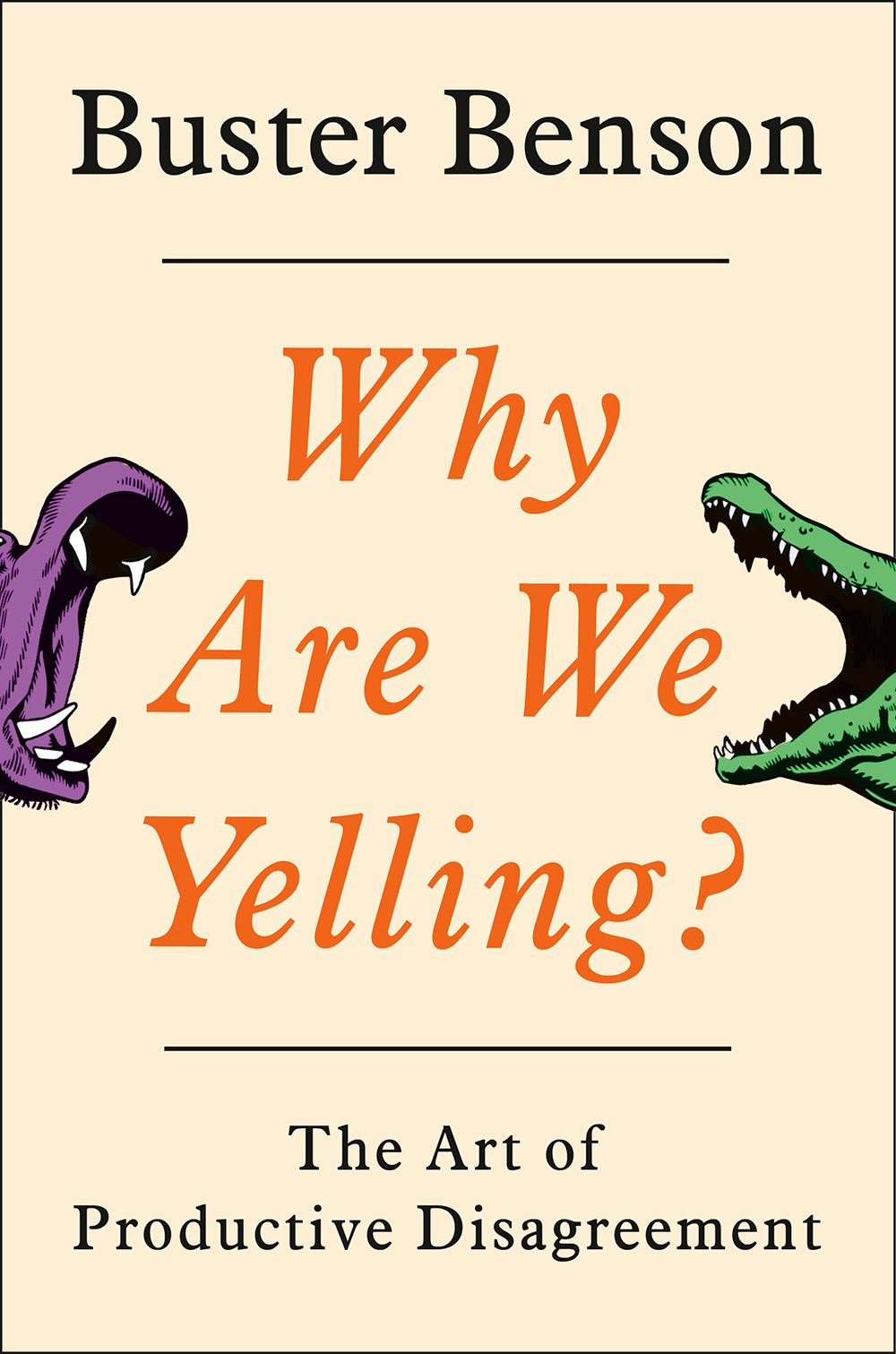Tweet fearlessly
My reaction to the more careful social-media personas emerging when the internet started becoming professional.
I remember when we all blogged like nobody was watching, back in 1998-2003ish. Diaryland -> Livejournal -> Movable Type -> Typepad -> Wordpress -> write my own -> back to Livejournal (yeah, I still use it). I learned a whole lot about Kellianne by reading through 5 years of public Livejournal (she turned them all private after I told her I had read them, though). There were a few big public deals where people got fired or embarrassed by their open writing, and things slowly clamped down and people started acting safer in their writing (and less interesting, in my opinion) (I’m definitely guilty of this too).
I also remember when we used to tweet pretty much anything. Lunches, crushes, opinions of your boss, deep personal thoughts. Maybe not as freely as the blogging was, but still pretty open. Back when nobody was really watching on the Internet.
I’ve always tried to be the same person to everyone, simply because I’m not good at keeping my stories straight. But I’ve noticed that rather than change who I am, I do some rigorous filtering depending on audience.
For one thing, being older, I have more roles and each has a different filter. Writing as a husband, as a father, as an entrepreneur, as a friend, as a developer, as a bar owner, as a blah-de-blah…
Now that I work at Twitter, it’s gotten extra weird… everything has been sprinkled with meta-consequences.
I wanted to jot down some meta thoughts on it, as a way of trying to wrap my head around its effect on me.
-
I now get more followers per day who I have no connection to. I wonder who these people are who follow people simply because they work at Twitter. I have a strange feeling of having to live up to their expectations, even though I don’t know what they are. I’ll probably get over that soon enough.
-
I am aware that tweets (which would include a lot about Twitter the company, since that’s where my attention is right now) now have a slightly higher bar before getting sent out… what if some tech blogger misinterprets what I’m saying?
-
I noticed that people who work here are similarly hesitant to just tweet off the cuff… when it does happen, and its not just a comment or retweet of another article, it ends up on Techmeme. Over time, that seems to have scared some people away.
-
The conversations inside the company that are about the company are really interesting, thoughtful, and diverse. People here are really smart and have extremely strong values and of course have thought about tweeting more than anyone else. But they don’t generally get out there. Which seems like a waste to me… of all companies, Twitter is designed to bring you closer to the people (no matter what power dynamics exist). I wish the tweeters within the company represented the high bar of transparency that can exist between employees of companies and the world.
That said, there are some people who are great about this. Maybe eventually there will be more.
As I learn more about the people here, I’m starting a list of internal employees who talk publicly and personally about Twitter, called Meta Twitter. It barely has anyone on it yet. There are still a lot of people that I probably don’t know about yet, but I’m slowly meeting more people here and want to add them as I find them. Send any suggestions to me @buster.
Tweeting fearlessly don’t mean tweeting irresponsibly. It means not being afraid to be yourself.

Buster Benson (@buster) is a writer and builder of things. If you're new here, check the about page or see my entire life on a page.
Join my newsletter to get updates about my book and analysis of bias and unproductive disagreements in the wild. Browse the archive first, to get a feel.
SubscribeI'm not great at email but I'm not the worst either. My DMs are open on Twitter as well.
